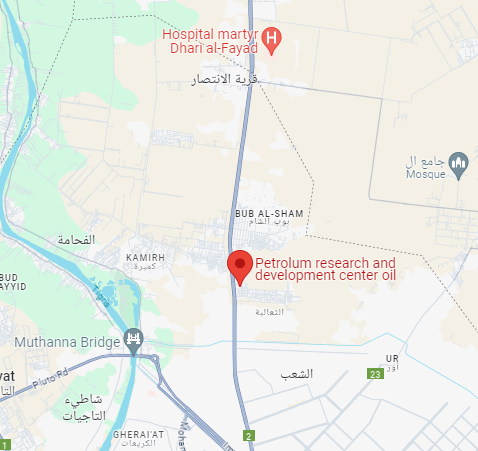Tragacanth Gum As Local Alternatives To Improve Viscosity And Filtration Control
DOI:
https://doi.org/10.52716/jprs.v8i4.259Keywords:
drilling mud, rheological properties, local alternatives, gum, filtration, viscosity.Abstract
Today oil industry faces a lot of problems and lost money during drilling and completion operation, so that the studies and researches must including the ways and solutions that lead to decrease the costs.
In this research we tried to find local alternative material instead of foreign drilling fluid materials that is used in drilling fluids and will help to save a lot of money by decrease oil well drilling cost because of the high cost of drilling fluid materials which represent now about 30 % of total cost for drilling oil well.
The local alternatives is Ore polymers ( plant origin) called : TRAGACANTH GUM.
In this study we investigated the local material and tested it under API Specification for Drilling Fluids Materials. Also tested sample of mud after add local material (TRAGACANTH GUM.) for weighted concentrations (0.5, 1.5, 2, 2.5 and 3 gm.) to show physical and rheological properties.
The third part of this study tested sample of mud after add local material (TRAGACANTH GUM.) under different temperatures values and up to 70°C (this temperature is near for some formations temperature in Iraqi oil fields ) to show temperature effect on this material.
A comparison between the local alternative and similar foreign materials for same sample was done to show physical and rheological properties. The results approved that, the local alternatives can used as filtration control materials for water based drilling fluid. Also the local alternatives increased viscosity as minimal for water based drilling fluids, So it can be used as part alternative for Bentonite to increase viscosity by increasing Yield point and decreasing solids concentration in drilling fluids so it have positive effect to save Rig equipment’s and Pay-zone.
Downloads
Published
How to Cite
Issue
Section
License
Copyright (c) 2020 Dr.Faleh H.M. Almahdawi, Dr. Mohammed N. Husain Al Hasani, Haider Salem Jasim

This work is licensed under a Creative Commons Attribution 4.0 International License.














